Decriminalizing psychedelics – change your mind, then change the law
But why is decriminalization, specifically, important to this movement? Why not aim for other approaches, like legalization (where psychedelics are regulated like alcohol), or medicalization (where psychedelic therapy is the only legal option)?
This first wave of acceptance towards psychotropic plants is now starting to include psychedelics, with successful psychedelic decriminalization efforts in both Denver and Oakland earlier this year. Decriminalization means simply that the activity in question is no longer illegal, but this can be wide-ranging in practice. When it comes to psychedelics, decriminalization could mean anything from a total freedom to buy, sell, grow, and take psychedelics; to police forces agreeing not to arrest people for possession [and cultivation] of small quantities of psychedelics. Legalization, although it would stop [some] people from being sent to prison for using psychedelics, opens up an ethical can of worms. Much like how alcohol legalization restricts you from making your own drinks, or selling without a license, legalization can be surprisingly restrictive. Legal regulation of psychedelics could potentially make certain activities illegal, such as growing your own plants. It can also allow for corporatization and monopolization of substances, which would reduce their availability even further.
Original Article (EntheoNation):
Decriminalizing Psychedelics – Change Your Mind, Then Change the Law
Artwork Fair Use: Nynyny


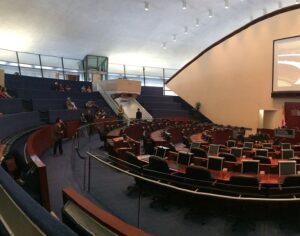

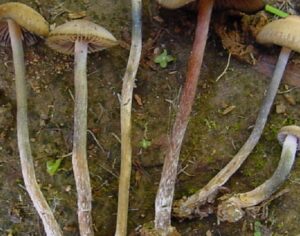
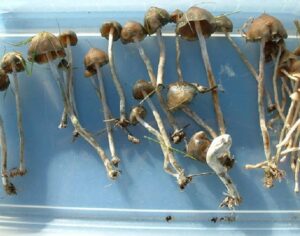

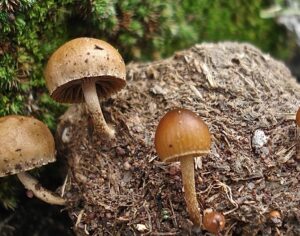


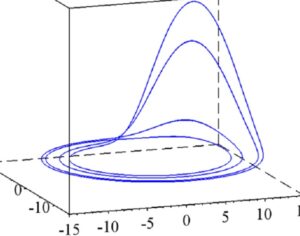

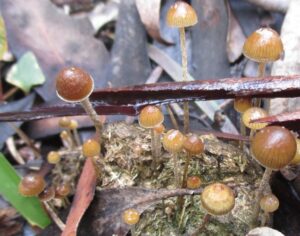


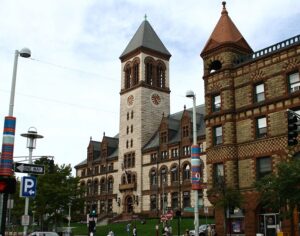

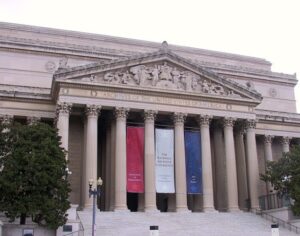


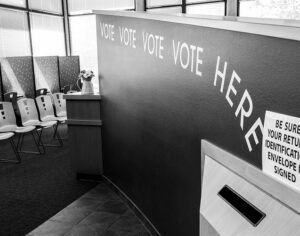
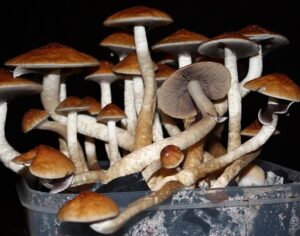





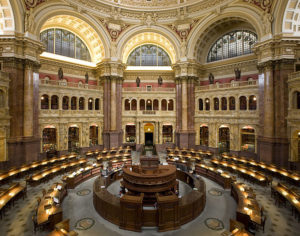

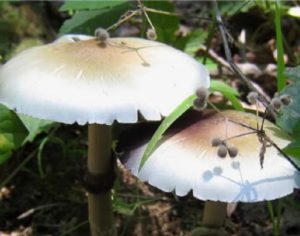


Recent Comments